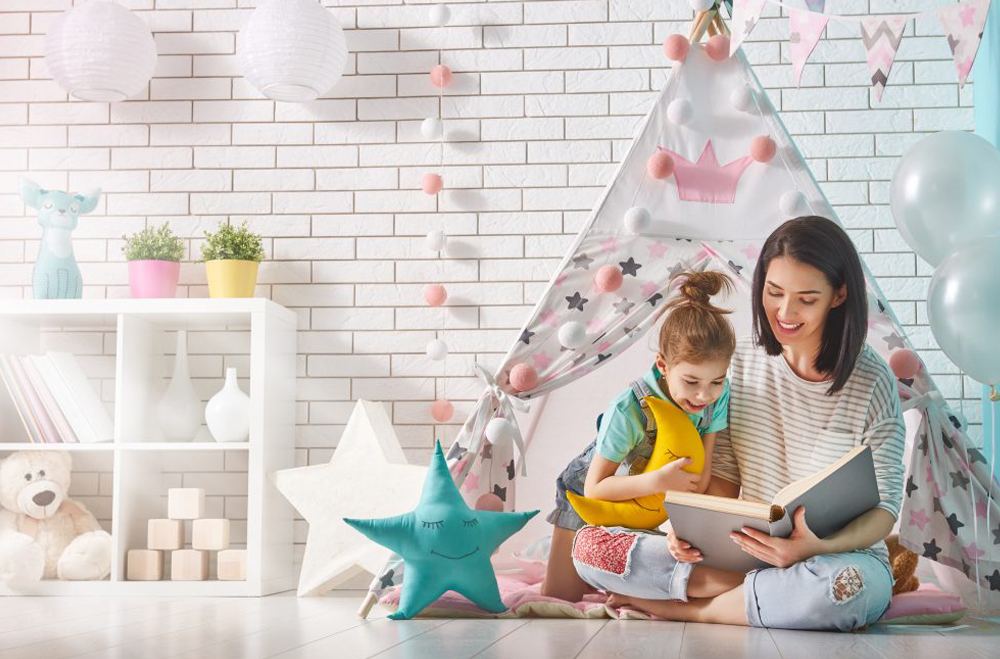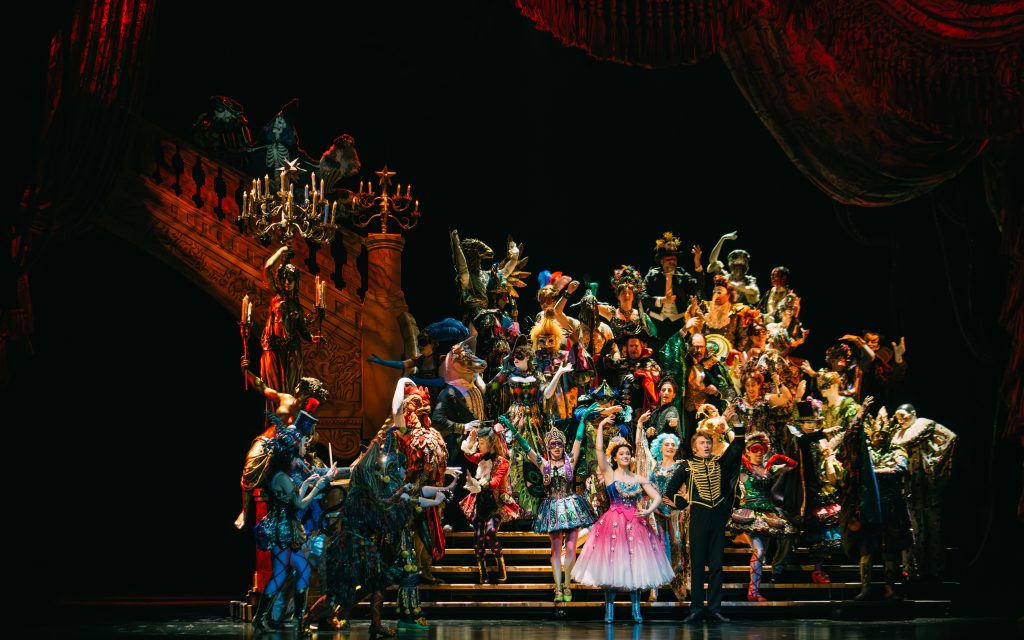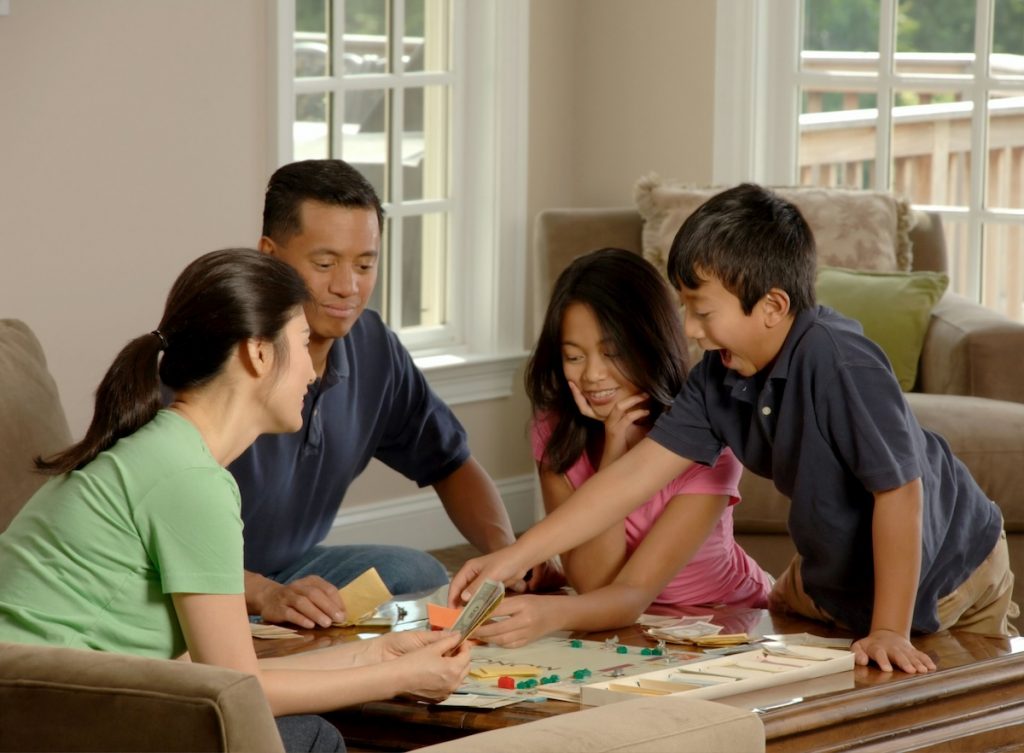By Fiona Walker
In today’s world, there are many ways that children can keep themselves occupied, and more often than not, the choice these days is the smart device where they can watch shows and play games to their hearts content. However, none of the modern day distractions can come close to reading. With a good book, their imagination becomes the limit as the author brings them in a magical world that is fuelled by their creativity. Being an avid reader also helps them with their future success in learning and language development.
Help them get a headstart by encouraging them to see reading as part of their daily life. As parents we are often trying to help children break habits, such as sucking their thumb or waking in the night, but this is one habit you definitely want to encourage — the habit of reading.
Read often to your child
Reading to your child enhances all the skills and perceptions she needs for reading, and she will be able to understand and appreciate far more than she can independently read. Sharing stories and poetry with your child will immerse her in print conventions, rich vocabulary and sentence structures she will encounter in later reading experiences.
Fill your house with print.
Research has shown that children that are brought up in a literacy rich environment read at an earlier age. Make sure that your home is filled with books, magazines and newspapers. Even if your child can’t read it all, he will see how valued reading and the written word is.
Make reading a joy
The fastest way to turn a child off anything is to make it feel like a chore and a challenge, so don’t do that with reading. Instead, make time to regularly share books, stories and poetry with your child. This will make motivate her to read.
Make the story exciting by using different voices for the different characters in the story, and create drama and excitement with your voice to bring the story to life. You can also personalise the experience by using your child’s name instead of the main character’s, or use puppets to act out the story from the book.
Choose books that interest your child
Use their interest to your advantage to help them get into book. My son is completely into pirates now, and now we have a pirate chapter book (story book intended for intermediate readers where there is more prose than pictures) we read together each night. Using his interest, I was able to stretch him from shorter picture books to chapter books.
Take your child shopping with you for books and let them pick out ones that interest them. And if they seem to only be interested in comics, that is fine. Comics can be a great way to encourage more reluctant readers, but do the same thing and read it together with your child.
Be a good reading example
You are your child’s number one role model and he will follow your lead, and if you are an avid reader it is likely he will be too. Reading doesn’t just need to be confined to story books; use everyday experiences to read together. For example when following a recipe read it out loud, or read signs on the street and in public places to your child. This is a great way to boost the confidence of an emergent reader as they will very quickly be able to ‘read’ signs like STOP or McDonald’s because the familiarity they have with these signs and logos.
Listen to your child read
Don’t do all the reading, encourage your child to read too. And as you listen to her, don’t interrupt and react positively to their attempts at reading. Be enthusiastic and praise your child as often as you can, and be specific with your praise so that your child knows exactly what she is doing well.
If your child is just beginning to read, allow her to ‘read’ using the picture as a guide to tell you the story. Do not criticise her efforts and when she has finished with the story, talk about it together to make sure she is able to understand it.
Fiona Walker is the Group Managing Director of Julia Gabriel Education. Julia Gabriel offers a range of innovative and holistic communication programmes delivered in a safe, supportive and dynamic environment for all ages. Parents who wish to gain a better understanding of how children learn, grow and develop and their early years, from birth to the age of eight, can sign up for their “A Child’s World Programme”, which commences on 17 July 2017. Click here to sign up for the course preview.













